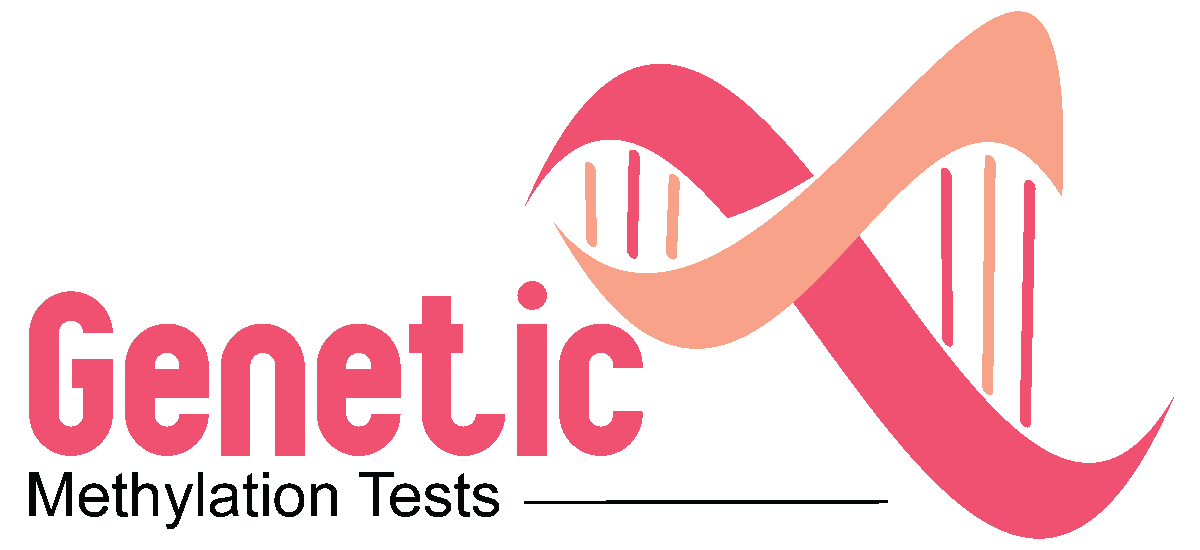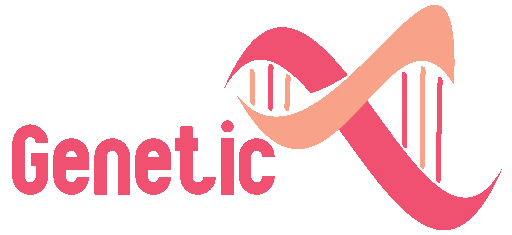Introduction to Methylation: What It Means for Your Health
Genetic Methylation Test is a vital biochemical process that influences many essential bodily functions, including DNA repair, gene regulation, and detoxification. By adding methyl groups to DNA and proteins, methylation controls gene expression, determining whether certain genes are turned on or off at different times.
Imbalances in methylation can contribute to various health issues, making it essential to understand how genes interact with environmental factors, diet, and lifestyle. Methylation tests provide insight into these interactions, helping to identify health risks and guide personalized wellness strategies.
What is Genetic Methylation test and Why is It Important?
Methylation is a biochemical process in which a methyl group (one carbon atom and three hydrogen atoms) is added to certain molecules, playing a critical role in cellular function. Specifically, DNA methylation regulates gene expression, effectively acting as a switch to turn genes on or off.
DNA methylation is a key factor in epigenetics, a field focused on how gene activity is controlled without altering the DNA sequence itself. The enzymes responsible for facilitating this process are called DNA methyltransferases (DNMTs). A healthy balance of methylation is vital for cellular stability and overall health.
Disruptions in methylation can lead to significant health concerns, such as cancer, cardiovascular diseases, diabetes, and neurodegenerative disorders. This is why maintaining balanced methylation is crucial for overall well-being.
What Are Genetic Methylation Tests?
Methylation tests assess how effectively the body is performing the methylation process. These tests measure specific biomarkers associated with methylation to identify abnormalities and offer insights into how genes are being regulated. Common types of methylation tests include DNA methylation profiles and homocysteine testing.
For instance, Mosaic Diagnostics offers a DNA Methylation Pathway Profile that screens for genetic variants (SNPs) related to metabolism, detoxification, hormone balance, and vitamin D function. These tests can reveal genetic predispositions influenced by factors like diet, lifestyle, and toxin exposure, helping guide health optimization strategies.
Another example is homocysteine testing, which measures levels of the amino acid homocysteine. High levels may indicate vitamin deficiencies or mutations in the MTHFR gene, which can lead to increased health risks.
When Should You Consider Genetic Methylation Testing?
Methylation testing may be particularly helpful if you’re experiencing symptoms such as chronic fatigue, mood disorders, or have a family history of conditions linked to methylation imbalances. Chronic fatigue, for example, could be related to disruptions in energy production tied to methylation.
Mood disorders, such as depression, anxiety, ADHD, and bipolar disorder, have been linked to methylation-related imbalances in neurotransmitters. Research also suggests that conditions like bipolar disorder may involve DNA methylation abnormalities affecting dopamine-related genes, while depression is linked to defects in serotonin transporter genes.
Testing can also help individuals with concerns about detoxification, cognitive decline, or a family history of cardiovascular disease or neurodegenerative disorders. By identifying specific imbalances, these tests allow for targeted wellness strategies to prevent or manage health issues.






Leave a Reply